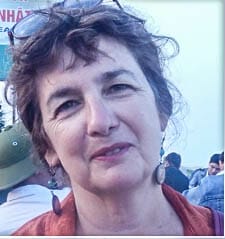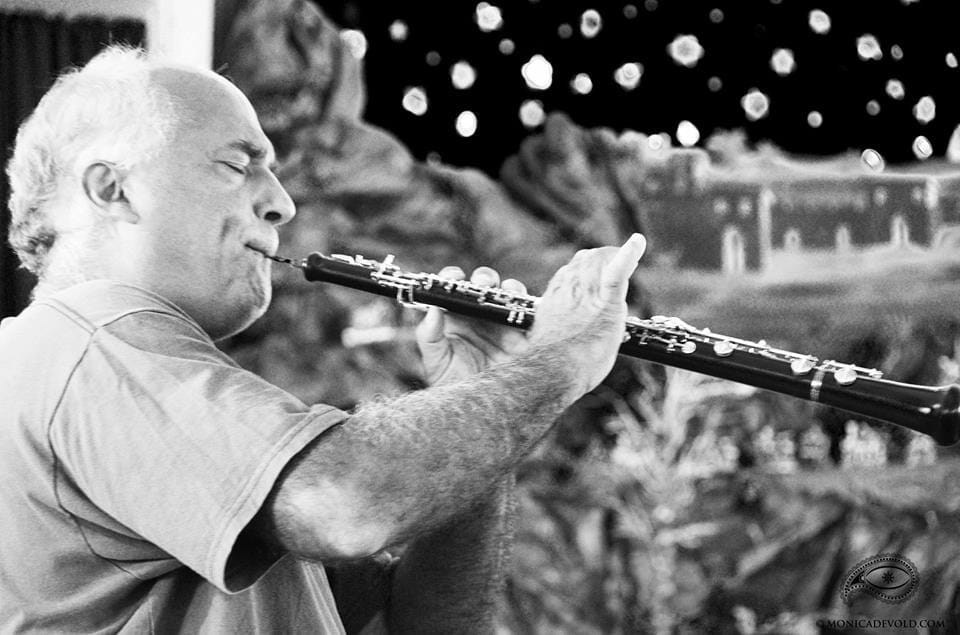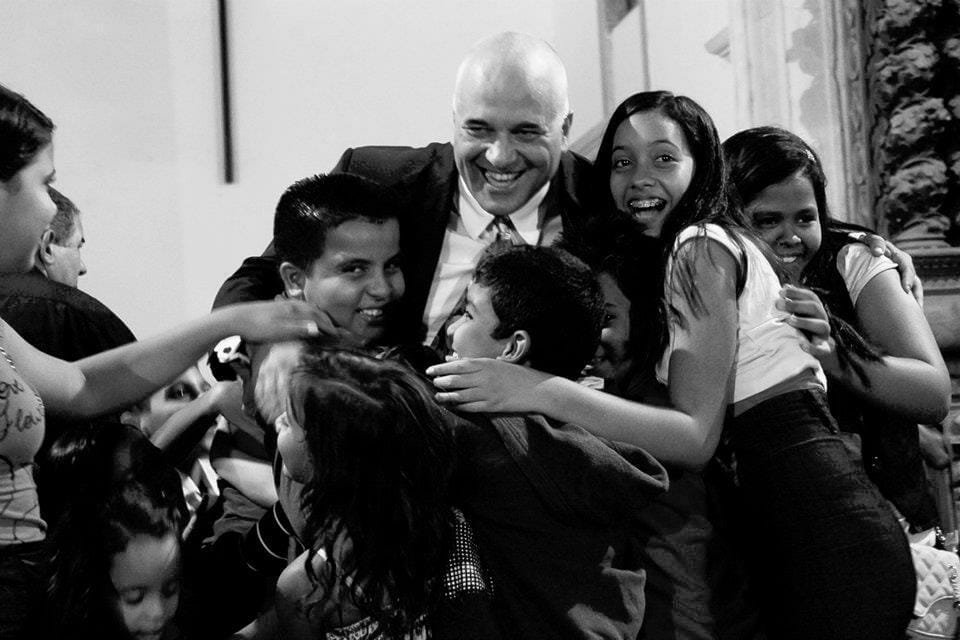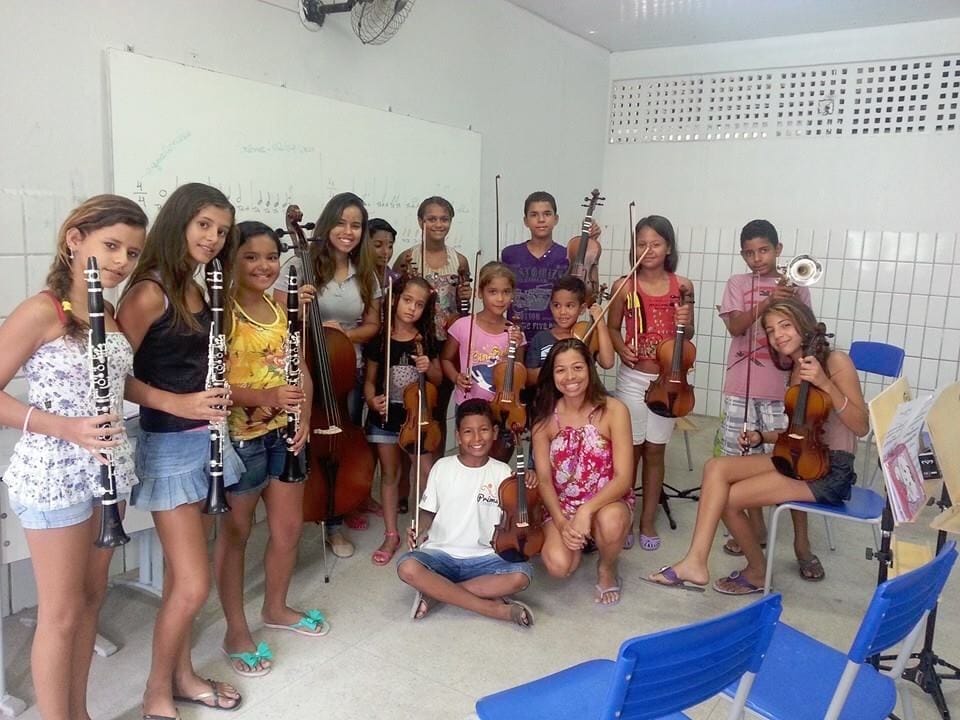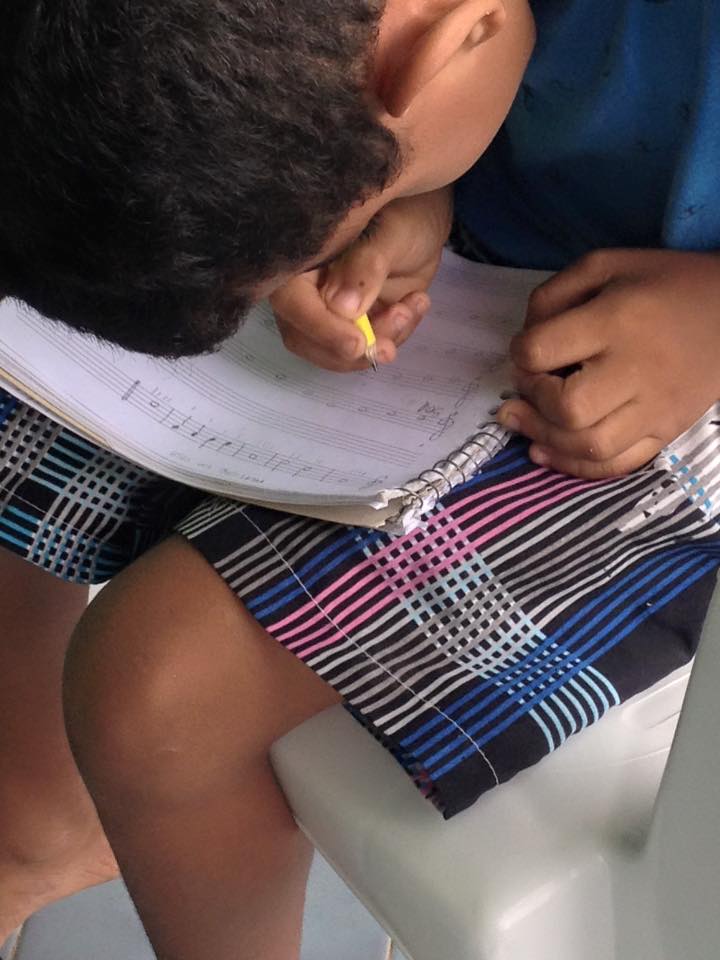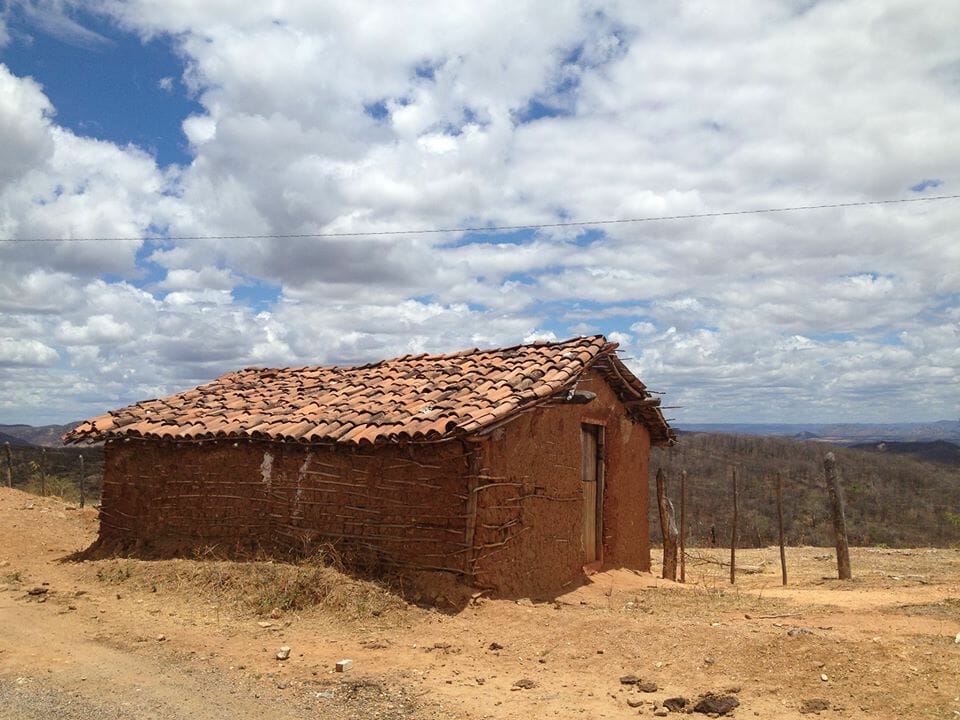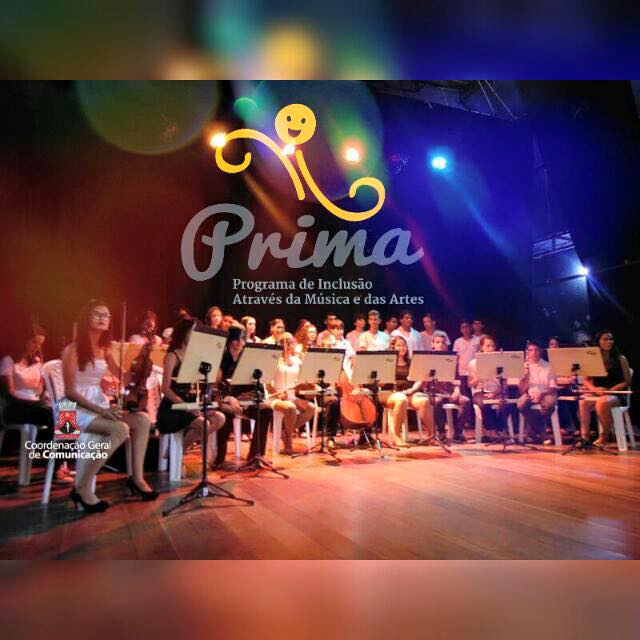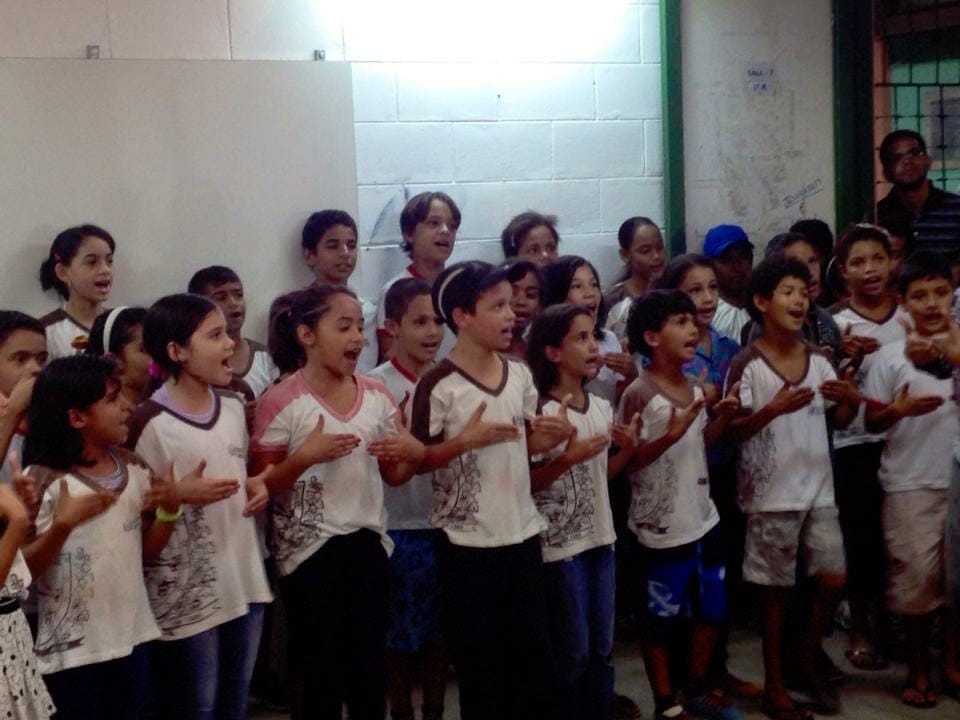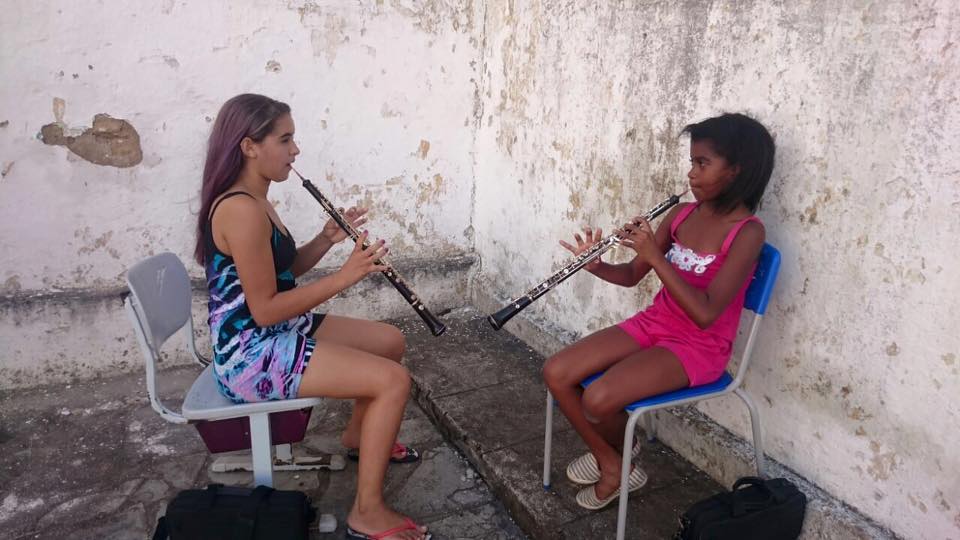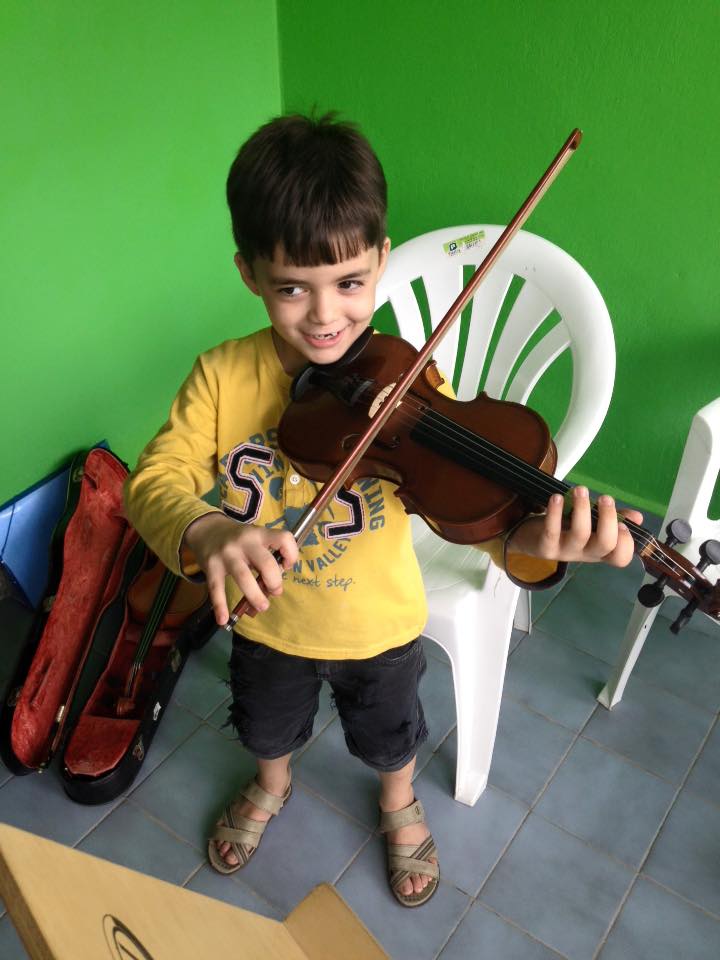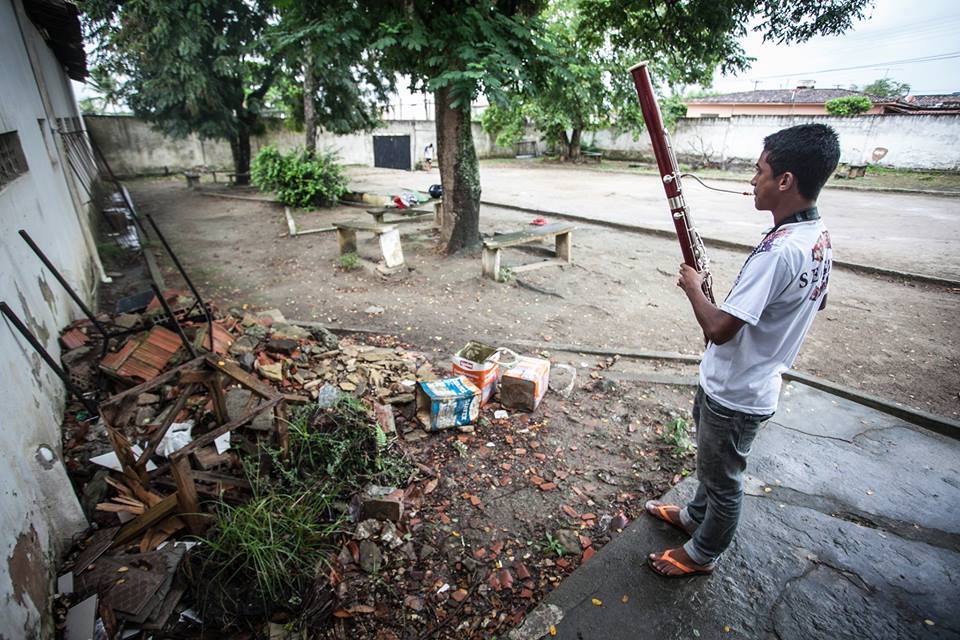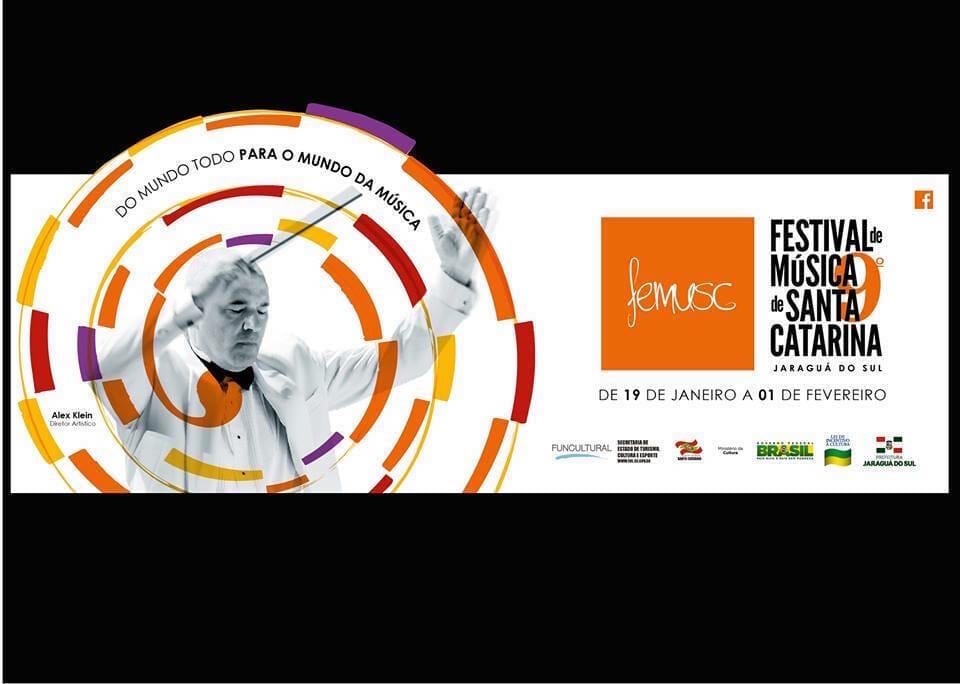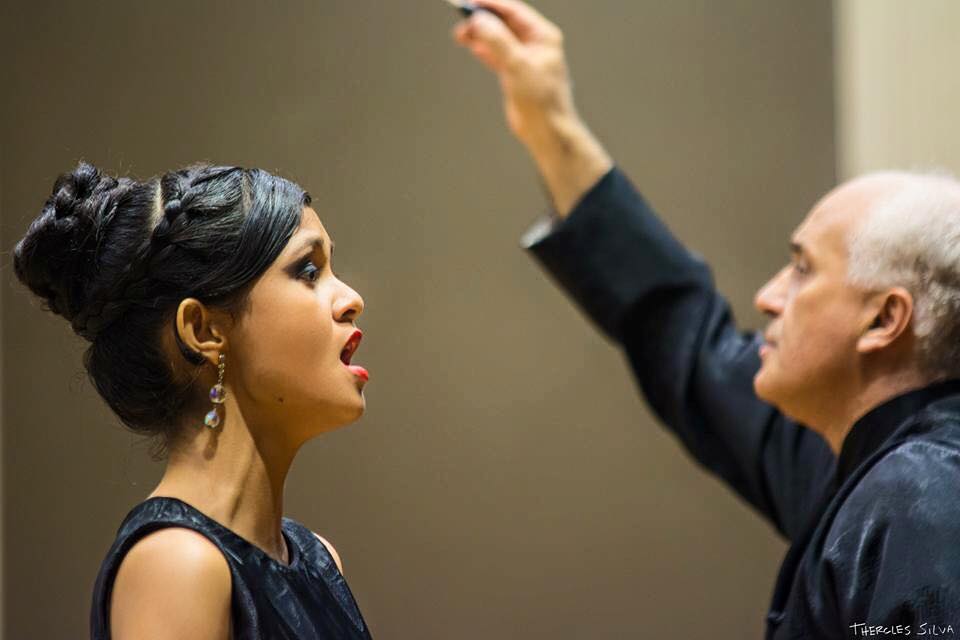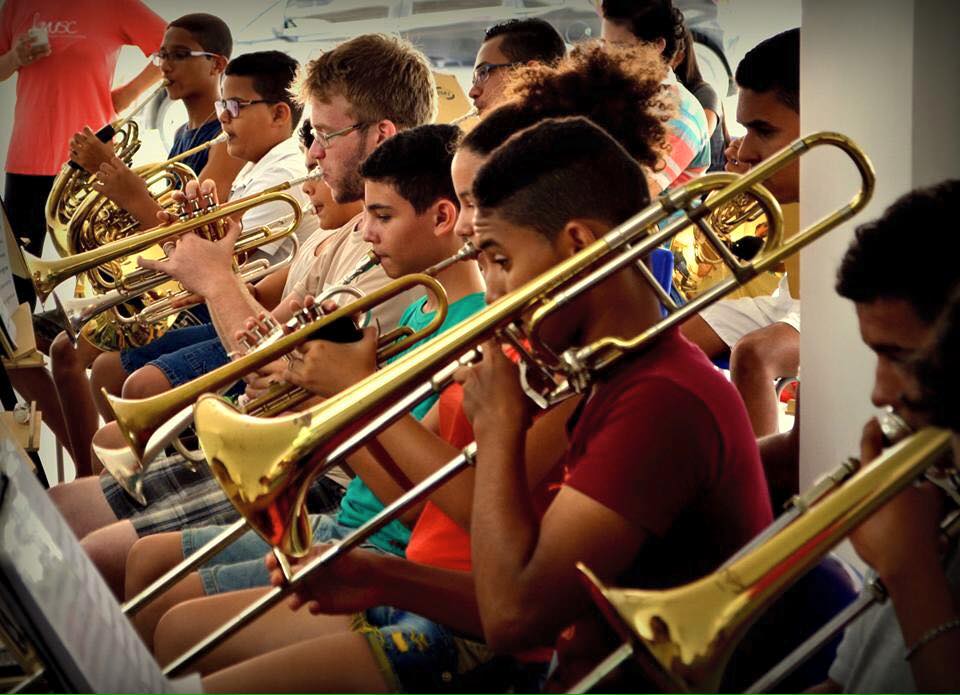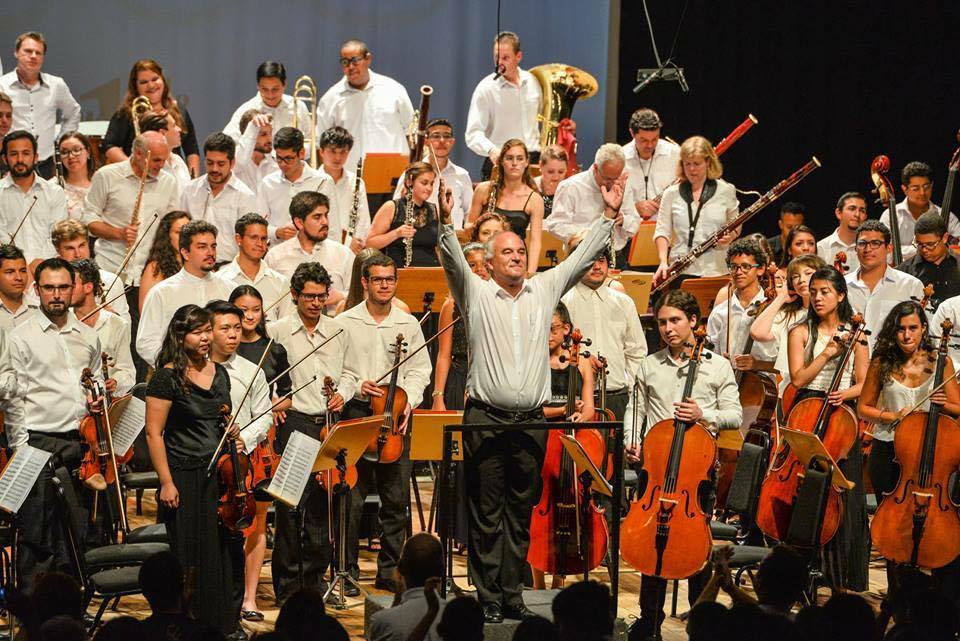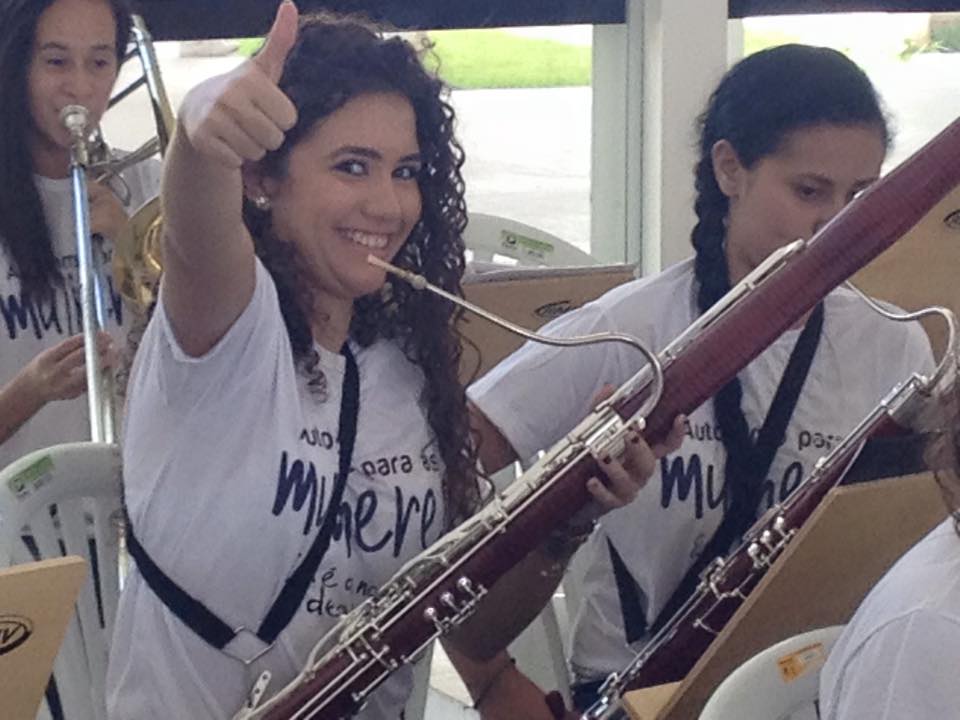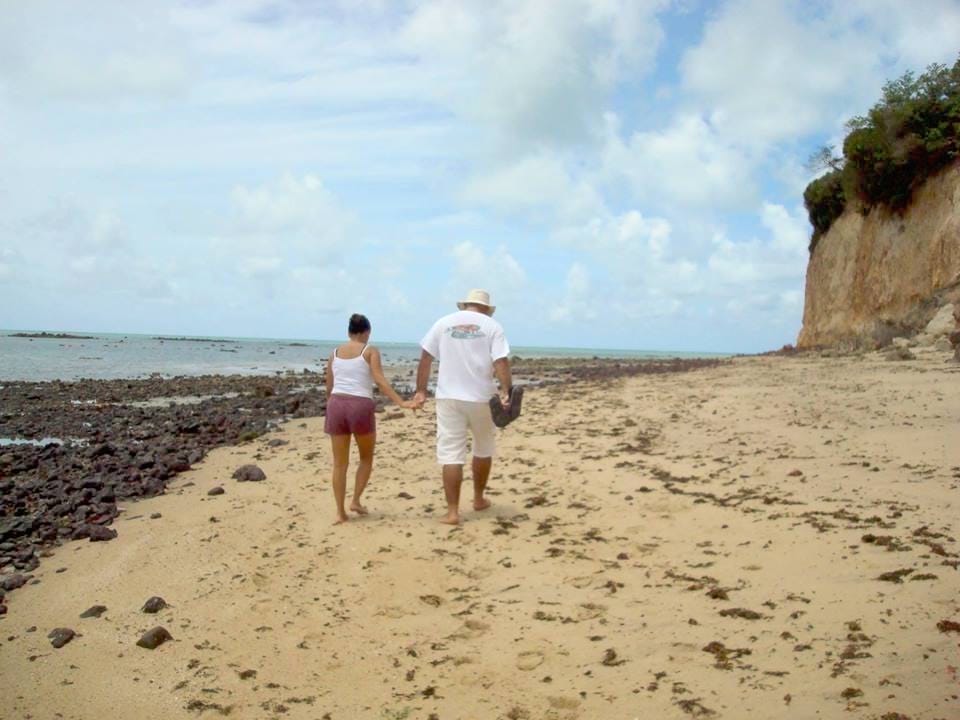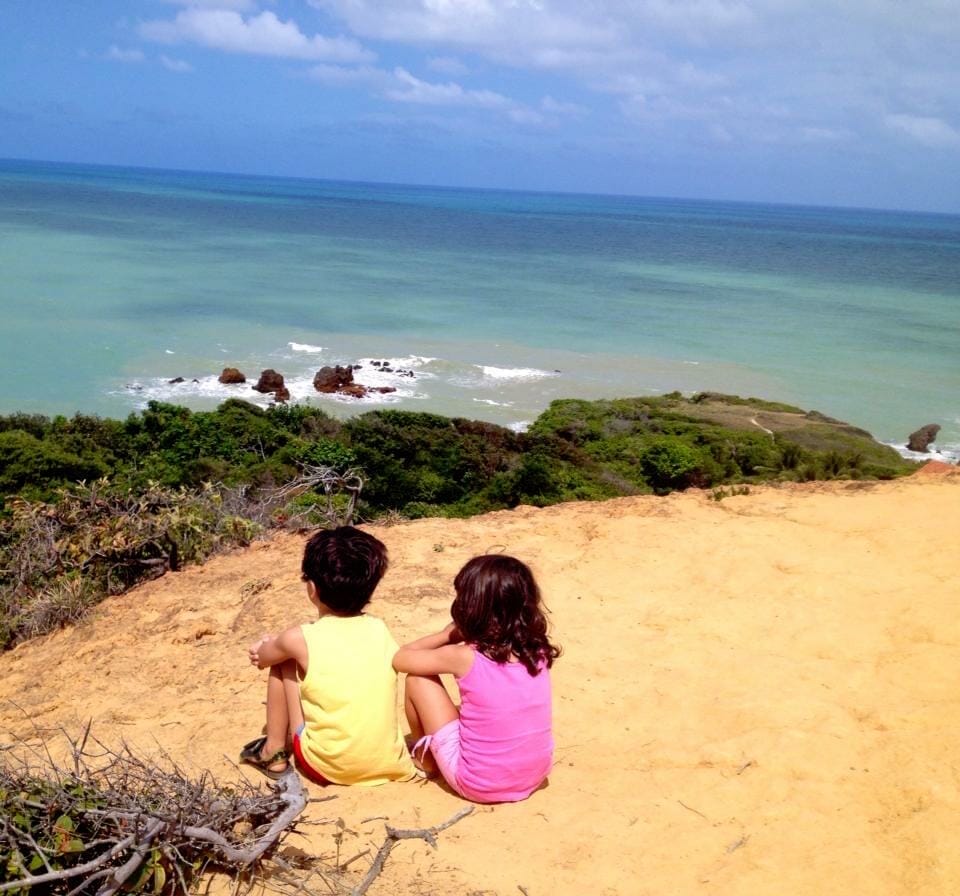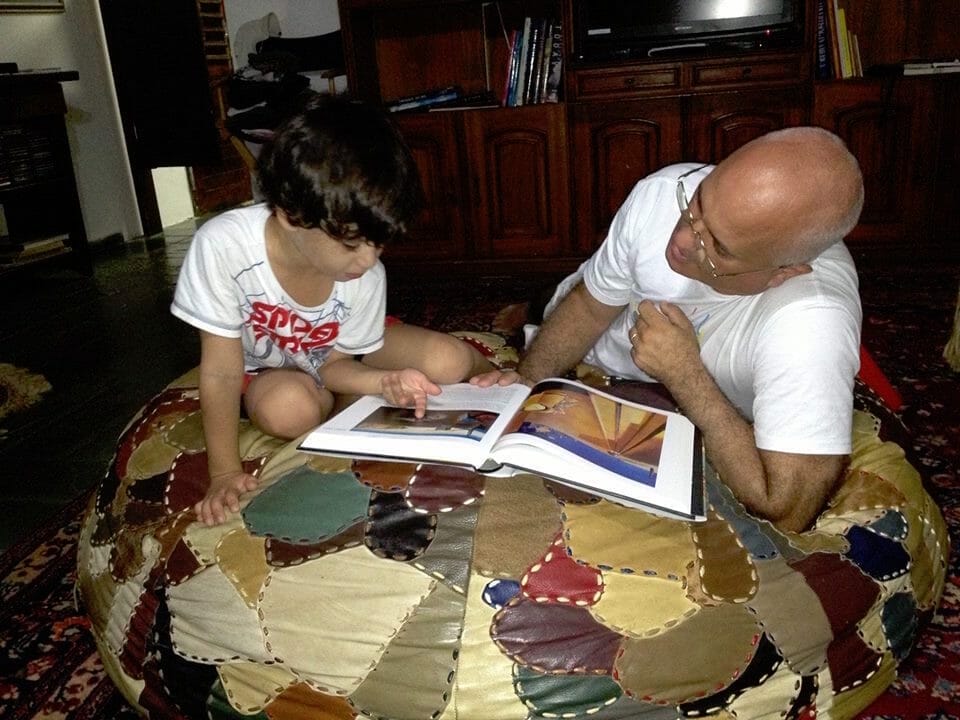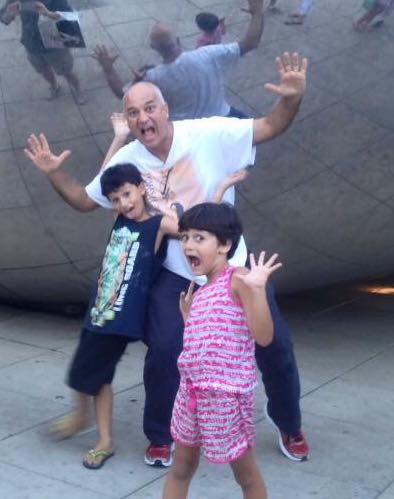On Wednesday, October 19, 2016, the Dame Myra Hess Memorial Concerts mark their 39th Anniversary. For the occasion, the concerts’ organizer, International Music Foundation, has asked one of their most prominent alumni, world-renowned oboist Alex Klein, to perform for this birthday occasion. The program, selected by Alex Klein, includes works by Bach, Bolcom, Walmisley, Nielsen and Pasculli .
Read profiles of other Dame Myra Hess musicians here.
Alex Klein Returns
This is a happy return on many levels. Thirty years ago, Alex Klein had first performed for the Dame Myra Hess audience shortly after winning first prize in the Lucarelli International Competition for Solo Oboe Players held in Carnegie Hall. And, as many CSO fans know, Alex Klein is in the midst of a “happy return” of another sort. This season Klein resumes his position as principal oboist in the CSO after a 12-year hiatus caused by a cruel neurological malady called focal dystonia.
Conquering Disabling Disease
Much has been written and reported about Klein’s struggle with this disease. Imagine him, sitting in the center of his CSO oboe section one day in 2004, realizing his fingers wouldn’t even work well enough to play a simple scale. He resigned shortly after. Then, Klein both had to make sense of his life turned upside down so quickly, and to find a way to manage the disease, if not a cure.
One can’t help but admire Klein’s inventiveness in finding his workaround cures. Focal dystonia is essentially a neurological disease where signals from brain to fingers and other muscles needed to play his instrument go haywire. This is strictly a neurological disorder and not a psychological one. In Klein’s case this condition is very oboe-specific. He has no difficulty playing an English horn, bassoon or other instrument with finger positioning distinct from an oboe. At first using a penny, later a yen coin, and eventually a re-manufacture of his oboe keyworks, Klein is able to trick his brain into thinking an oboe isn’t an oboe. By holding his fingers in positions more like a saxophonist does, he is able to play his instrument without problems.
Chicago Return
As unimaginable as the day was when he couldn’t make his fingers play the oboe, it’s likely that these heady days of returning to Chicago as Principal CSO oboist were similarly inconceivable for Klein at some point.
It’s not just the gig that Klein returns to—it’s everything about Chicago that he loves. Klein shares, “I had lived in Chicago for nine years and now it’s my tenth year here. The cultural scene is amazing here in Chicago. I’m like a tourist office. I love the architecture, the museums, the top level theater, universities, opera, music, the Aquarium, the Museum of Science and Industry, all…It is a cultural paradise here. I especially love Millennium Park. Instead of going home after a CSO concert I walk the park and go to the lake. My goodness, there is so much here…”
Return to Dame Myra Hess Performance
Alex Klein’s affection for the International Music Foundation especially runs deep. He recounts, “I was just starting in my career and performing at the Dame Myra Hess series was part of a package that came with winning first prize in an international oboe competition in Carnegie Hall. It launched my professional career when I was just 21 years old and still in school at Oberlin. It meant the world to me—the way I was treated is so memorable. They put me up in a nice hotel. The recital was very well organized. They had arranged for the wonderful pianist Andrea Swan to play with me. I left Chicago with the best impressions of the city and what a music career could be…
“I’ve performed at the Dame Myra Hess concerts since. Also, I’ve worked with the Do-it-Yourself Messiah. For many years I’ve been a friend of Al Booth and later Ann Murray. I’m friends with many people who similarly cherish them. Talking about the International Music Foundation is a frequent topic during dinner conversations.”
Teaching Citizenship Through Music
The bond that Alex Klein feels with the International Music Foundation is perhaps revealed even more by where he put his energies to rebuild his life after focal dystonia stopped his career almost overnight. Much as the International Music Foundation dedicates much of its resources to bringing high caliber live classical music performances to students in the Chicago Public Schools, Klein pours his heart and soul into exploring how music can uplift children and youth in his native Brazil. Even now, after returning as principal oboist for the CSO, he remains the driving force and music director of the FEMUSC music festival, and also maintains less official ties to PRIMA, a program inspired by the Venezuelan El Sistema work that he helped shepherd in recent years.
Klein explains, “My real hobby is young people. I love and cherish the time I spend talking with them. I have to thank the Internet and social media for facilitating this. My dialogues with them range from issues of career development, to school, to curriculums and sometimes just listening to their stories and helping them find the right help. Just this week, for example, a young woman who is one of my Brazilian students was obviously having difficulties that came from childhood traumas, and I was able to talk to her to convince her to get the proper professional help she needs. Often the way to help young people is to get them with the right person. PRIMA and FEMUSC are merely manifestations of this.”
Giving Back
Klein continues, “I certainly got a lot of help. I have a Grammy award in my living room, yet I came from a music school where my teacher was self-taught. It took me a year to get my first oboe. People helped me to get it.
“Music came to me and changed everything. I was an enfant terrible. I just didn’t know what I was doing in school. I was about to be expelled from school in third grade because I just wasn’t fitting in. Today they would treat children like me with medication. It was some kind of learning difficulty. Music was my cure. It helped me set my concentration. Music compelled me to have the discipline and organization that was missing in my life.
“I try to go to Brazil as often as I can. I am still music director of FEMUSC (Santa Catarina Music Festival), a festival I created when I left Chicago in 2004 that is now in its 12th season. We have 300 students now and 700 people attending the festival. It is largely for professional musicians and music students, but we also give children music lessons and common people can participate in the choir…We have multiple venues and all is centered on orchestral performance… In Brazil it is still common for events to be top-down, unlike how it is done in the US. With FEMUSC we created a situation where students can participate in decision-making. We wanted to see how that would work in Latin America. It has been a major success.”
Backtracking, to explain the impact of PRIMA in Brazil, Alex Klein shares, “In Brazil the problem of race has more to do with poverty. Here in the US, if you have a job and do it properly you have dignity. But in Brazil there are certain kinds of jobs that are seen somewhat negatively in the culture. For example, if you are a university student washing dishes to support yourself it would be seen positively here, but looked down upon in Brazil.
PRIMA – Brazil’s El Sistema
“In Brazil, the gap between rich and poor is one of the biggest in the world and it is one of the things I was fighting with PRIMA. We are proving to the upper classes that you can go into the very worst community—the ones with the worst drug problems—and make a difference. We put an orchestra in the middle of these places and in just a few months, you have children looking you in the eye—very confident.”
Friends Make all the Difference
Listening to Alex Klein, a self-described “gaucho”, talk about his work in Brazil, it makes total sense that as he settles back into his CSO principal oboist chair he also looks down Michigan Avenue to his kindred spirits at the International Music Foundation. The late Al Booth, and now Ann Murray—they are his friends, and friendship is something Alex Klein does not take lightly.
Commenting on his struggles to overcome focal dystonia and his tips on how to handle any similar chronic life-changing disease, he says, “My first advice is to find good friends. Unfortunately when we get sick, we lose a lot of people we thought were friends. But we have to grab on to family and close friends whom we can really count on to keep us interested in life, and thinking in a different way.
“I had to adopt leadership. A doctor can tell me there is no cure but for someone like me that cannot just be. I have been tied to my oboe my entire adult life—actually from early grade school. My sense of personal identity is tied to my instrument. I had to take it upon myself to read about neurology to better understand what was happening and find solutions that work for me. There are solutions, but you have to dig deeper.
“Psychologically you cannot do it without family and friends. Without them, I wouldn’t be here today.”
Dame Myra Hess Memorial Concerts are held every Wednesday at 12:15 in the beautiful Preston Bradley Hall of the Chicago Cultural Center and also simulcast on WFMT, which archives podcasts of these concerts as well.
Click here to read more in-depth profiles of Dame Myra Hess Memorial Concerts musicians.
Photos courtesy of Alex Klein.

